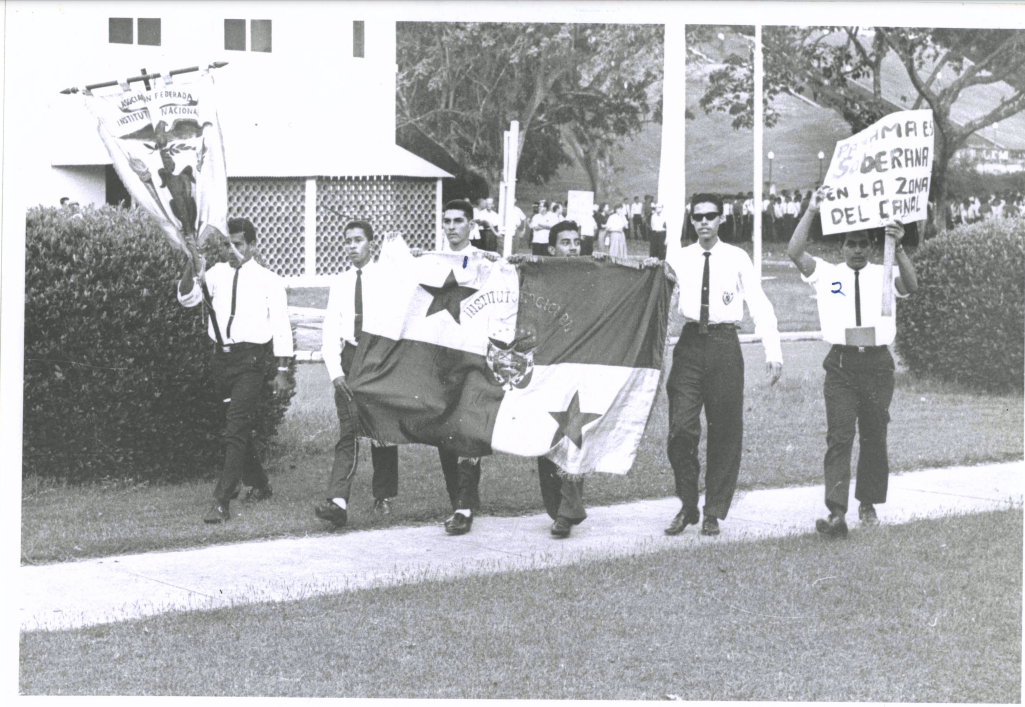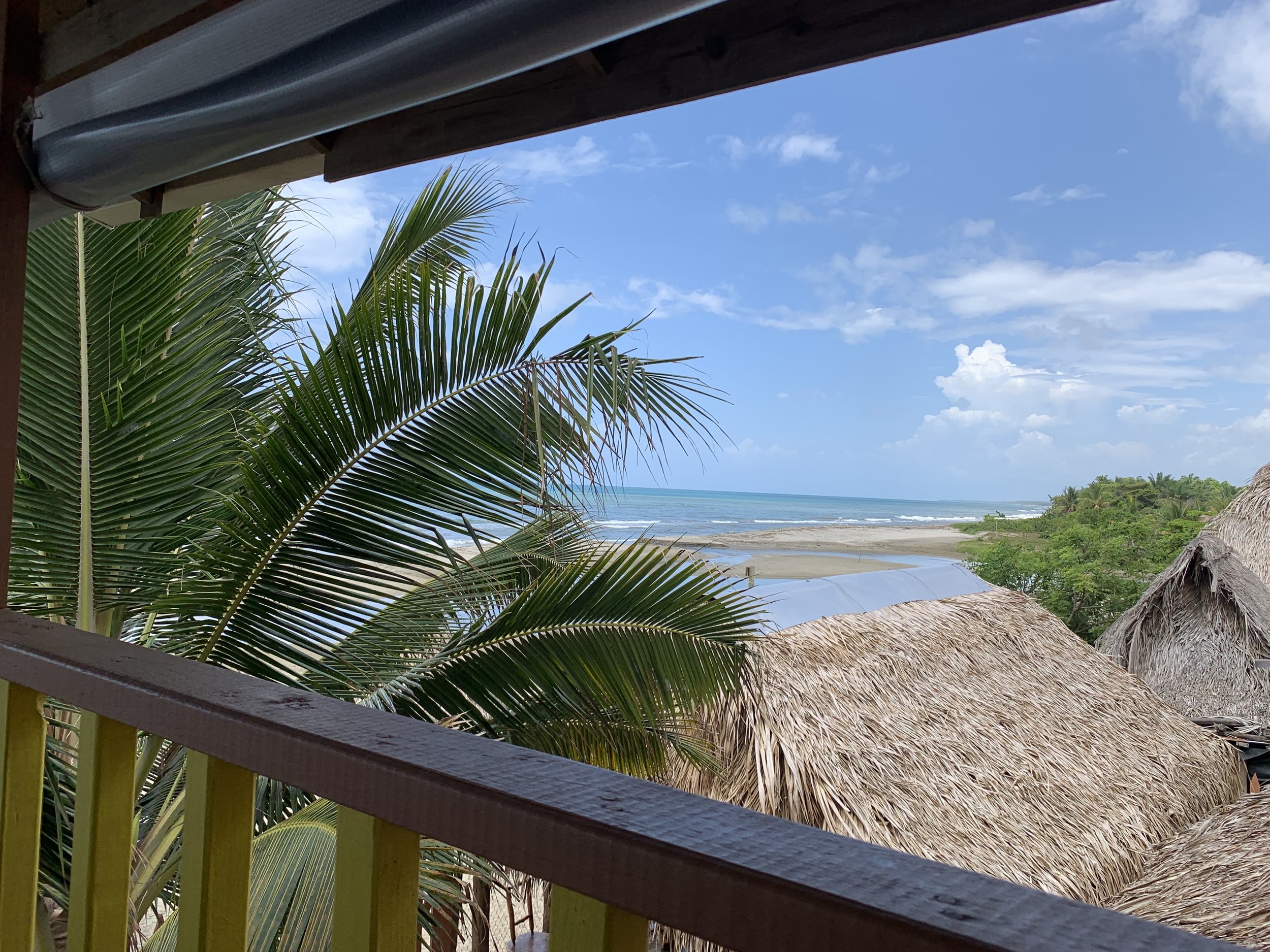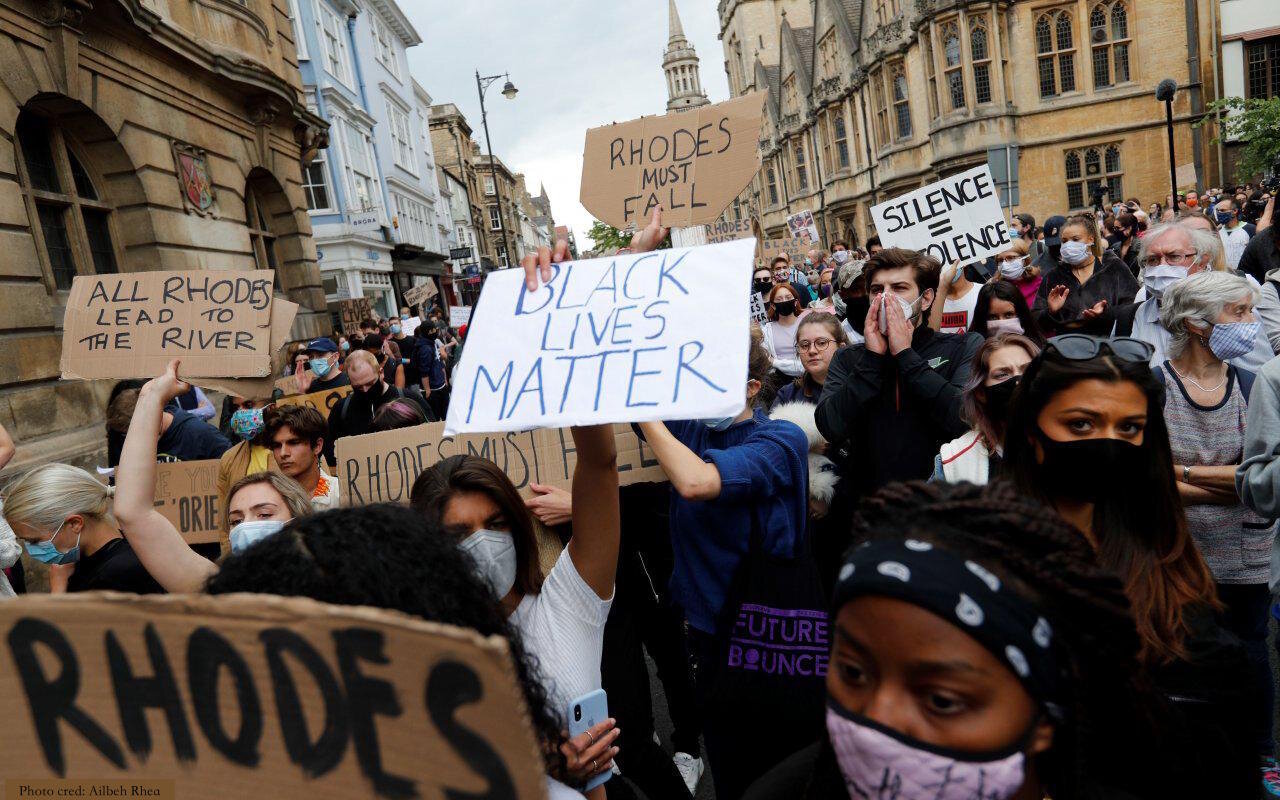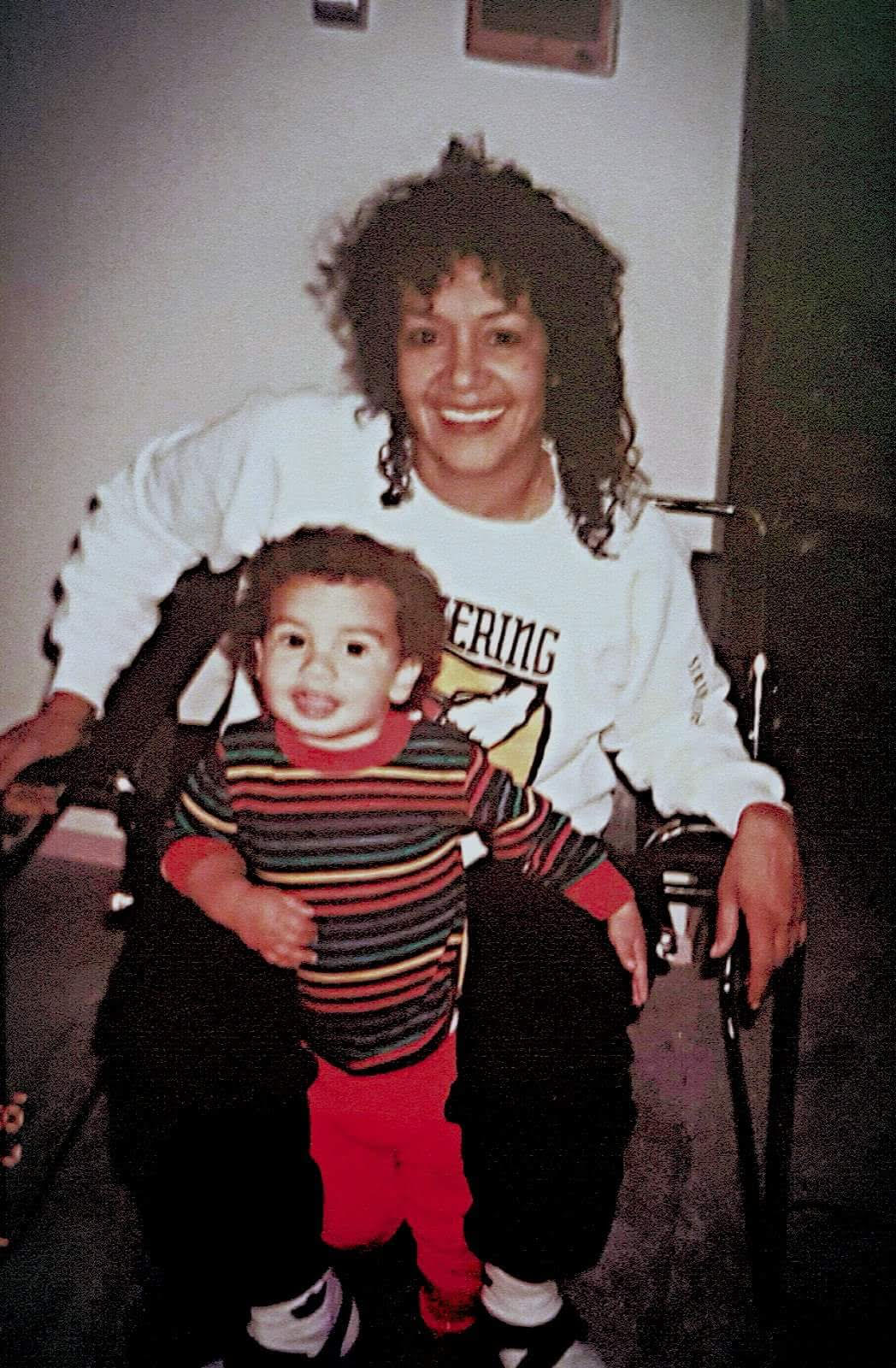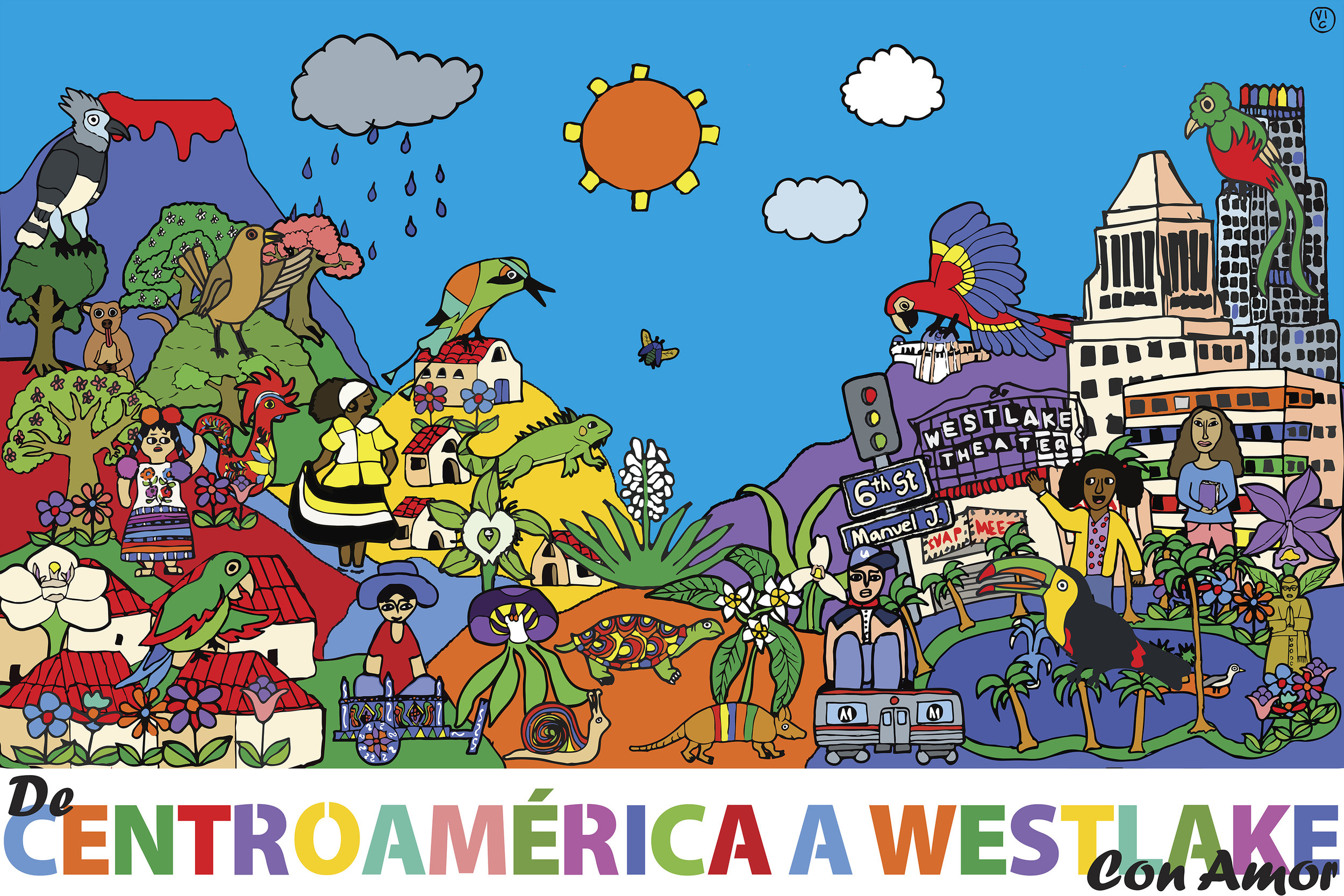From L.A. to Palestine: An Iranian-Mexican Organizer’s Call to Unite Our Immigrant Rights and Anti-War Movements
I have lived my whole life under endless war, from witnessing police in riot gear patrolling the streets of Los Angeles like an occupied zone, to seeing the children buried under the rubble of U.S. bombs in Gaza, and now Iran engulfed in the fires of drone strikes. As I watch this transnational violence unfolding, I am reminded that the wrath of the U.S. empire is ruthless in both our local communities and our motherlands. I have learned this through my own lived experience growing up in working-class, immigrant Los Angeles as a daughter of the Iranian and Mexican diasporas. Even as I write this, my father is in Iran, where Israel and the United States have bombed hospitals, water systems, and civilian infrastructure. I am living my worst nightmare in real time: my family’s lives caught in the crosshairs of a war paid for by my own tax dollars.





